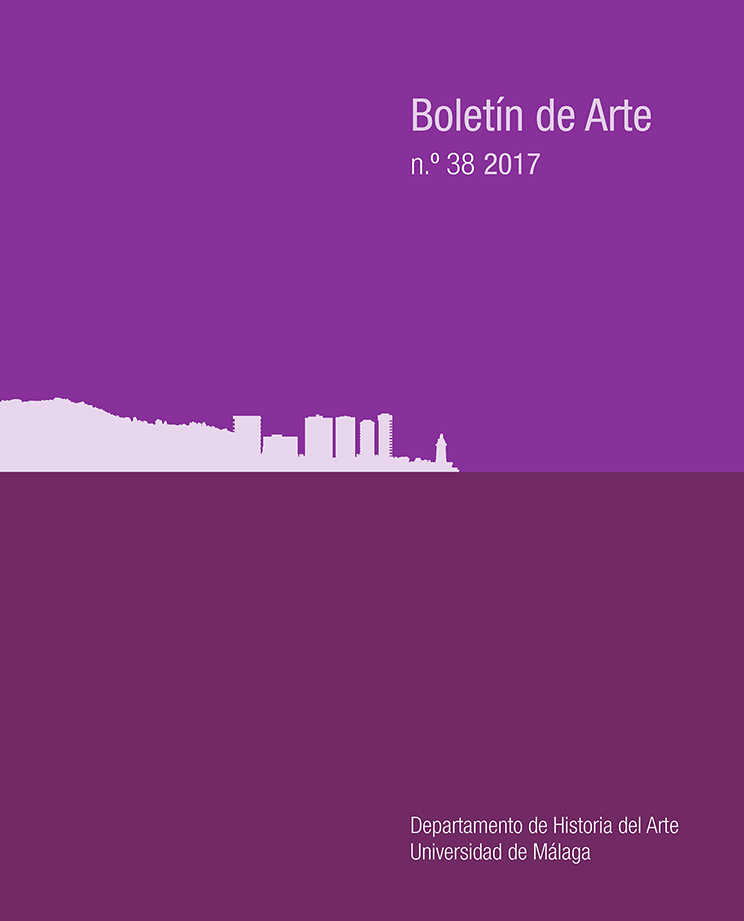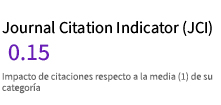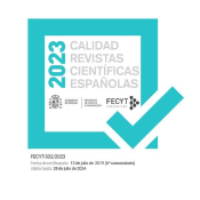Abjection in Post Modern Art as a Result of Post Traumatic Culture
DOI:
https://doi.org/10.24310/BoLArte.2017.v0i38.3364Abstract
The aim of this paper is to identify the elements that allow us to build a theoretical, art historical and critical view from the Holocaust to the matter of abjection. If the concept of abjection has existed during the twentieth century, not only in art history, but also in aesthetics or semiotics, as a base for overcoming symbolic, psychic and cultural limitations in order to transgress or perturb the individual and collective identity system, in abjection art work these questions are presented in extremely original images. The purpose of the essay is to try to demonstrate, from a theoretical perspective, following Julia Kristeva and her book Pouvoirs de l’horreur, that the discussion is built on concepts or poetics connected to abjection. Using these considerations to approach the question, it will be interesting to identify the presence of abject images.
Downloads
Metrics
Publication Facts
Reviewer profiles N/A
Author statements
Indexed in
-
—
- Academic society
- N/A
- Publisher
- Universidad de Málaga.
Downloads
Published
How to Cite
Issue
Section
License
Todos los contenidos publicados en la revista Boletín de Arte están sujetos a la licencia Creative Commons Reconocimento-NoComercia-Compartirigual 4.0 cuyo texto completo puede consultar en <http://creativecommons.org/licenses/by-nc-sa/4.0>

Los/as autores/as cuyas contribuciones sean aceptadas para su publicación en esta revista conservarán el derecho no exclusivo de utilizar sus contribuciones con fines académicos, de investigación y educativos, incluyendo el auto-archivo o depósito en repositorios de acceso abierto de cualquier tipo.
La edición electrónica de esta revista esta editada por la Editorial de la Universidad de Málaga (UmaEditorial), siendo necesario citar la procedencia en cualquier reproducción parcial o total.












4.png)
